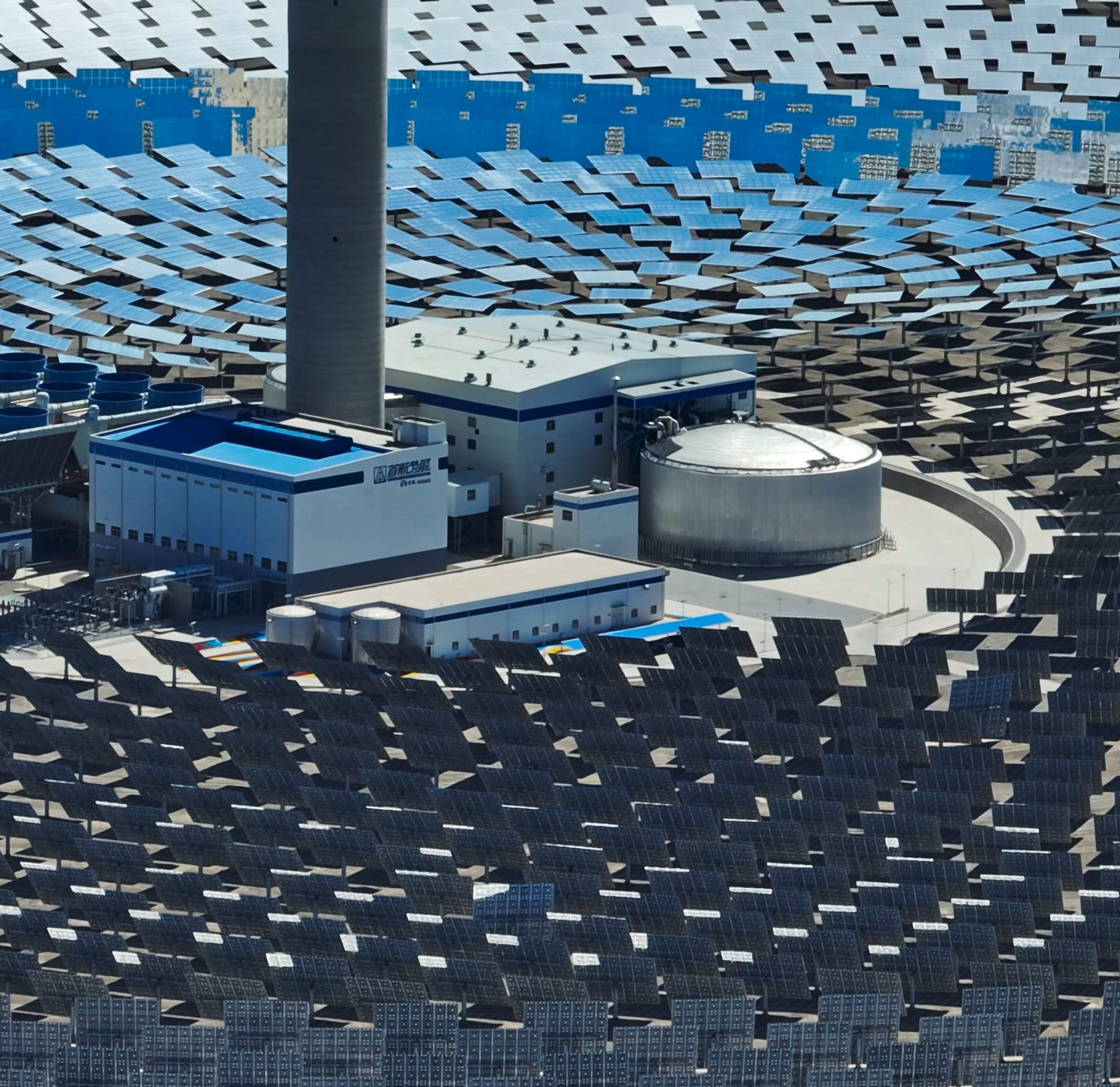We were pleased to convene leading developers of ultra-high-temperature thermal energy storage (TES) at the request of the EU’s DG ENER (EU Energy).
This is an exciting time for the clean industrial heat sector, as TES is already being commercially deployed in industry for lower temperature applications (<500°C) and quickly progressing to delivering clean heat at ever higher temperatures (even beyond 1000°C).
Our highlights of the discussion are:
- TES can convert cheap and even negatively-priced renewable electricity into reliable, dispatchable, clean industrial heat, using abundant materials such as graphite, sand, refractory bricks, and more. It is modular, scalable, and technically ready to address a large share of Europe’s industrial heat demand while providing much-needed flexibility to Europe’s grid. A win-win!
- But the main barrier is not technology; it is economics and grid access. The real competitor is cheap natural gas (rather than carbon capture and storage or hydrogen), with a price gap that is perversely reinforced by factors such as:
- Electricity is taxed 2-3x higher than gas per unit energy.
- Grid fees are high and often actively discourage flexible consumption patterns, such as TES, regardless of its dispatchable nature.
This is where policy must step in to help solutions scale faster:
- Reform electricity grid fees to reward flexible, off-peak charging and avoid double charging of fees.
- Prioritize and simplify grid access for flexible storage projects, including non-firm connections.
- Shift taxation from electricity to gas to level the playing field for clean heat in a way that aligns with European objectives for decarbonization.
- Derisk first-of-a-kind plants at higher temperatures.
- Support further innovation for ultra-high-temperature materials and storage systems.
- Ensure TES is explicitly eligible in EU industrial heat auctions and innovation calls.
We are proud to help accelerate this conversation! For more, please explore our TES policy brief, factsheet, and high-temperature heat report.

